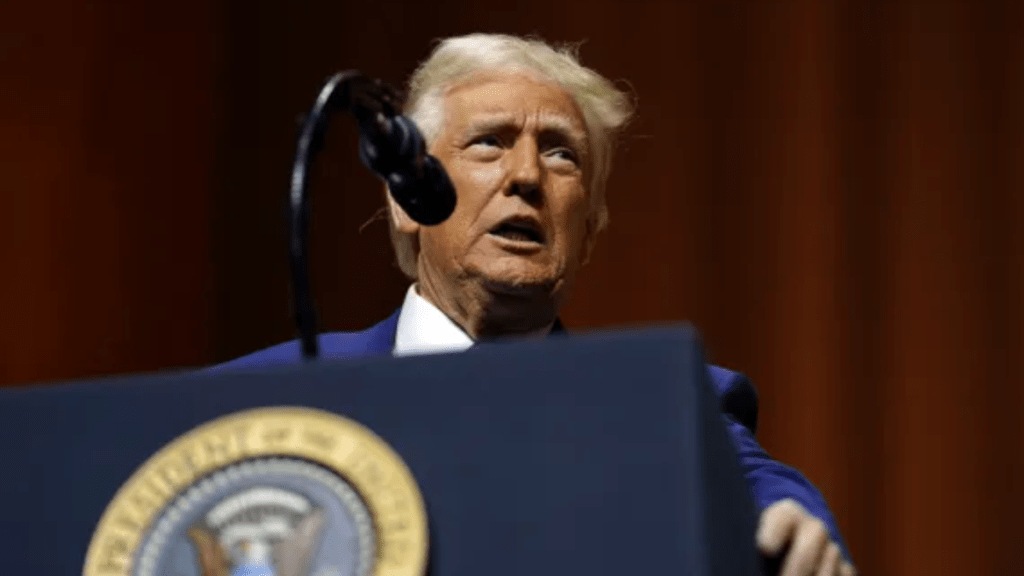A prominent economist is accusing the Trump administration of significantly miscalculating its recently imposed global tariffs, claiming they misused his research to justify the hefty rates. Professor Brett Neiman of the University of Chicago, a former Biden-era Treasury official, expressed shock and concern after realizing his academic work was cited in support of the administration’s tariff methodology.
The controversy stems from President Trump’s “Liberation Day” announcement last Wednesday, where he unveiled tariffs on goods from 60 countries. The tariffs, including a 10 per cent “baseline” rate and additional levies on specific trading partners, have sent shockwaves through global markets, drawing criticism from business leaders and economists alike.
In an op-ed published in the New York Times, Professor Neiman revealed his initial confusion regarding the calculation of the “huge rates.” He stated that his concerns were amplified when the U.S. Trade Representative’s office released its methodology, citing a paper he co-authored.
“My first question, when the White House unveiled its tariff regime was: How on Earth did they calculate such huge rates?” Neiman wrote. “The Office of the US Trade Representative released its methodology and cited an academic paper produced by four economists, including me, seemingly in support of their numbers. But they got it wrong. Very wrong.”
Neiman alleges that the administration erroneously added a 25 per cent rate to the formula developed by him and his colleagues, resulting in tariff rates that are four times higher than they should be.
“Where does 25 per cent come from?” Neiman questioned. “Is it related to our work? I don’t know. Our findings suggest the calculated tariffs should be dramatically smaller – perhaps one-fourth as large.”
He also criticized the administration’s stated goal of eliminating trade deficits through “reciprocal tariffs,” arguing that such deficits are natural and unavoidable.
“Is this a reasonable goal? It is not,” Neiman declared. “Americans spend more on clothing made in Sri Lanka than Sri Lankans spend on American pharmaceuticals and gas turbines. So what? Not every country has similar natural resources or development levels. The deficit numbers don’t suggest, let alone prove, unfair competition.”
Neiman further illustrated his point by quoting Nobel laureate Robert Solow, who famously said, “I have a chronic deficit with my barber, who doesn’t buy a darned thing from me.”
The economist’s claims have added fuel to the growing debate surrounding the economic impact of the Trump administration’s trade policies, which have already triggered market volatility and prompted calls for reconsideration from influential figures such as Elon Musk and Bill Ackman. The White House has yet to respond to Neiman’s accusations.
